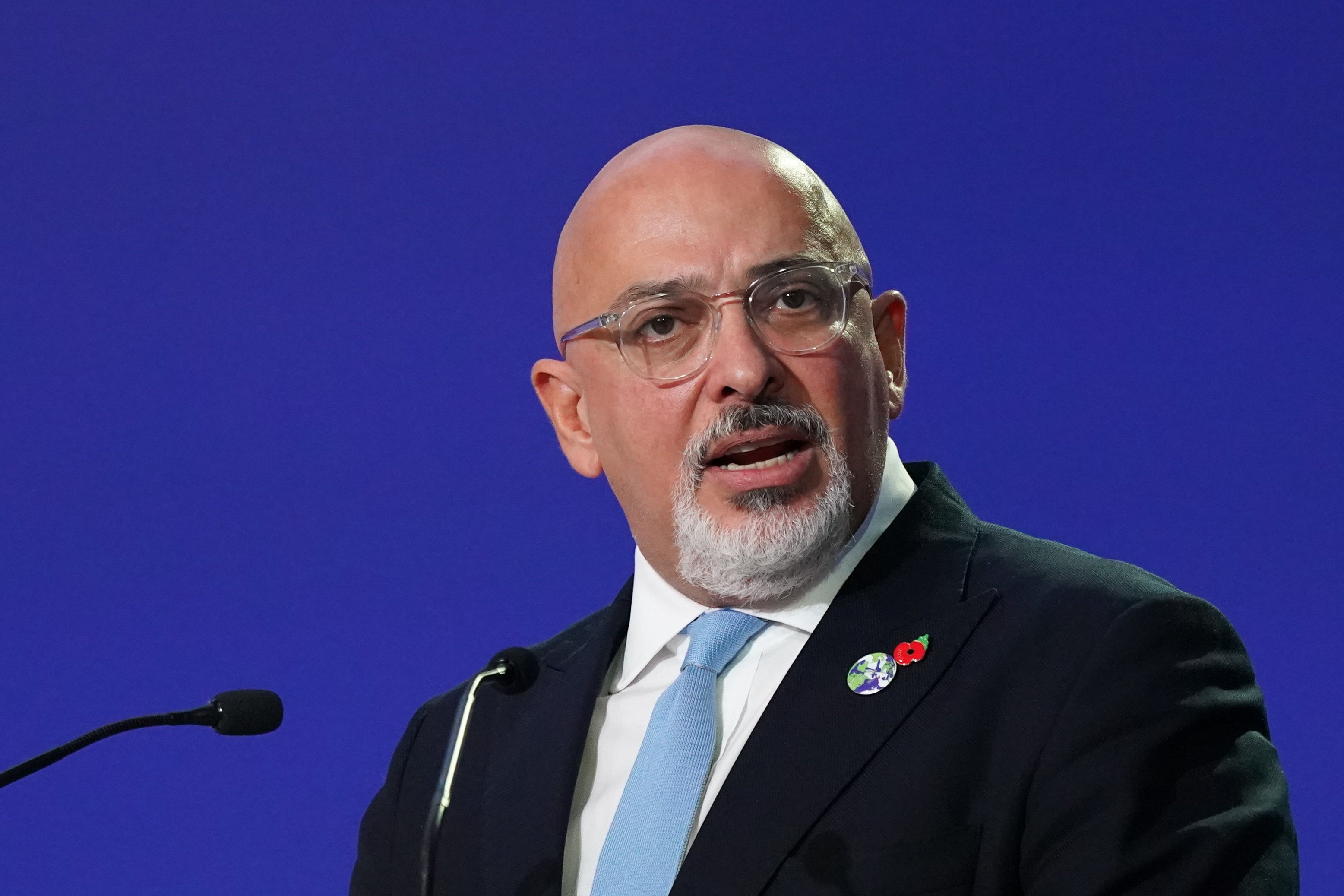Government rolls out ‘guidance’ on teaching racism in schools
Recommendations say ‘teachers should be clear that racism has no place in our society’

Your support helps us to tell the story
From reproductive rights to climate change to Big Tech, The Independent is on the ground when the story is developing. Whether it's investigating the financials of Elon Musk's pro-Trump PAC or producing our latest documentary, 'The A Word', which shines a light on the American women fighting for reproductive rights, we know how important it is to parse out the facts from the messaging.
At such a critical moment in US history, we need reporters on the ground. Your donation allows us to keep sending journalists to speak to both sides of the story.
The Independent is trusted by Americans across the entire political spectrum. And unlike many other quality news outlets, we choose not to lock Americans out of our reporting and analysis with paywalls. We believe quality journalism should be available to everyone, paid for by those who can afford it.
Your support makes all the difference.The government is rolling out guidance to schools on how to approach teaching racism for the first time, following controversial ministerial intervention in classrooms.
Schools are already required to teach in a politically impartial way, but this instruction from ministers will specifically advise teacher on how to address “sensitive issues”.
The guidance comes after the education secretary, Nadhim Zahawi, waded into a debate over the teaching of anti-racism in Brighton schools last week, and ordered an investigation after becoming “concerned” by non-discriminatory resources being shared with students.
Slides from race training given to teachers in Brighton and Hove schools leaked to The Sunday Telegraph said that “between the ages of three and five, children learn to attach value to skin colour: white at the top of the hierarchy and black at the bottom”.
“Over the last few years, there has been much discussion about political impartiality in schools, often in the context of specific political issues and movements,” the education secretary said of the government’s unique guidance.
“I know that this has at times been difficult for school leaders, teachers, and staff, as they navigate how to handle and teach about these complex issues sensitively and appropriately.
“That is why I’m pleased this government is publishing clear guidance explaining schools’ existing legal duties on political impartiality.”
The manual suggests that the teaching of historical figures should focus on “factual information” about them, and that teaching of the British empire should be presented in “a balanced manner”.

One scenario refers to teaching pupils about racism and cautions that teachers should be aware that campaign groups such as Black Lives Matter “cover partisan political views”.
The recommendations say that “teachers should be clear that racism has no place in our society” when covering this topic with pupils, and should “help pupils to understand facts about this and the law”.
It adds that some campaign groups such as BLM may cover “partisan political views … which go beyond the shared principle that racism is unacceptable, which is a view schools should reinforce”.
“Examples of such partisan political views include advocating specific views on how government resources should be used to address social issues, including withdrawing funding from the police,” it adds.
The guidance says that for recent historical events, “including those which are particularly contentious and disputed, political issues may be presented to pupils”.
It also states: “This includes many topics relating to empire and imperialism, on which there are differing partisan political views, and which should be taught in a balanced manner,” adding that schools should be free to teach pupils about significant political figures, including “those who have controversial and contested legacies”.

But it adds that this may need to be reserved for older pupils, and says that it could be advisable to focus teaching on “what these figures are most renowned for and factual information about them”, if teachers think pupils may not be able to understand the full context of contested information about their lives.
The guidance states that when teachers are discussing the decriminalisation of homosexuality with pupils, they should not present discriminatory beliefs held at the time in an uncritical way, or as though they are acceptable today.
It adds that pupils should not be presented with views that oppose fundamental societal values, such as views denigrating freedom of speech or the democratic process.
When inviting politicians or campaigners to speak in schools, teachers should aim to invite a range of speakers with varying views, or teach directly about other candidates or political parties to promote balance.
Geoff Barton, general secretary of the Association of School and College Leaders, said: “It has never been more important to facilitate and encourage discussions about political and contemporaneous issues as it is now.
“Young people are exposed to a swirl of misinformation online, and an increasingly toxic discourse on social media as well as in political debate among those who should know better.
“Schools have a vital role in providing a safe space in which young people can examine and understand controversial issues.
“The vast majority of teachers are very good at managing these discussions in a way that is balanced and impartial. We welcome anything which helps them to navigate this difficult territory.”

He added: “However, we are keen that this should not be over-prescriptive as it could have the unintended consequence of deterring open discussions.”
Last October, the government published its response to a report from the Education Select Committee that claimed that terminology such as “white privilege” may have contributed towards a “systemic neglect” of white working-class pupils.
Mr Zahawi said: “I know one of the reasons many teachers feel so passionate about the profession is the remarkable role they play in young people’s lives, helping them understand more about themselves and their views of the world.
“I don’t want there to be any barriers – real or perceived – to teachers’ vital work in this space, which is why I am reinforcing that no subject is off-limits in the classroom, as long as it is treated in an age-appropriate way, with sensitivity and respect, and without promoting contested theories as fact.
“Clearer guidance on political impartiality is just one part of my wider work to give children the best possible education as the government continues to prioritise skills, schools and families, to enable young people to reach the full height of their potential.”
Join our commenting forum
Join thought-provoking conversations, follow other Independent readers and see their replies
Comments